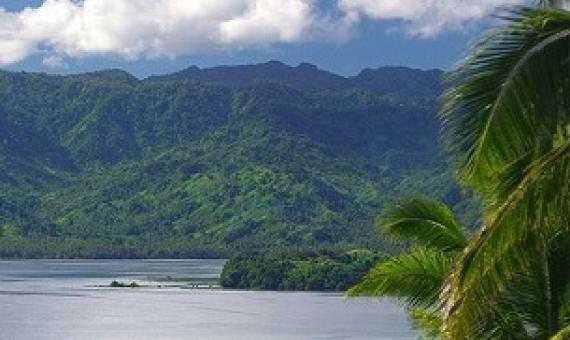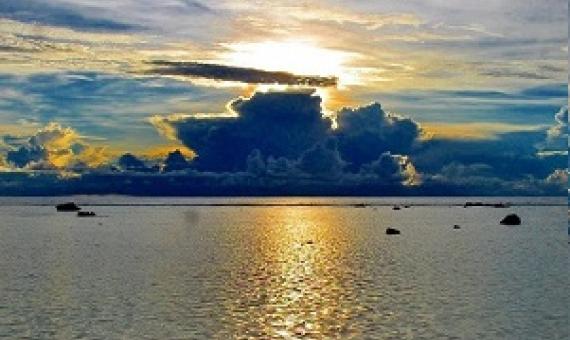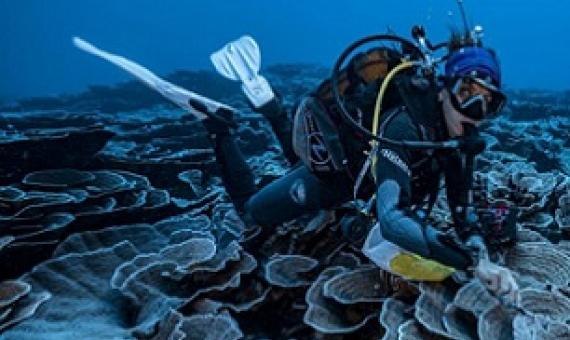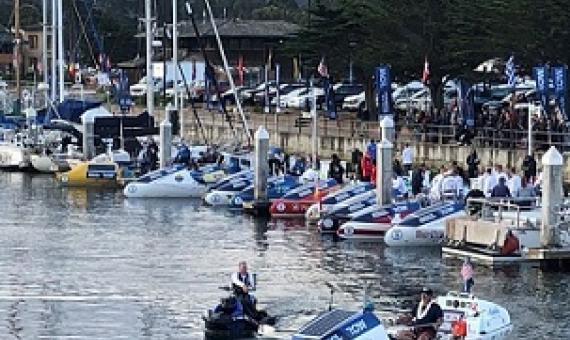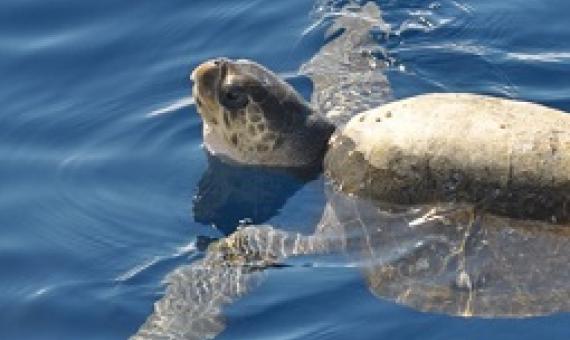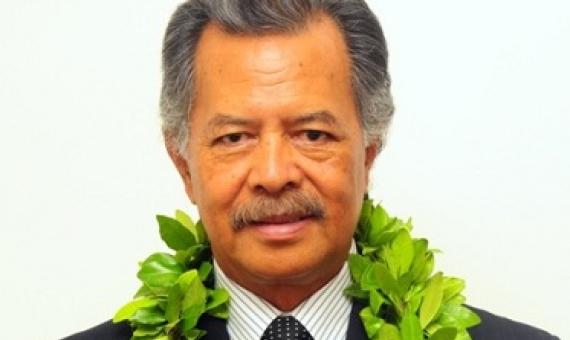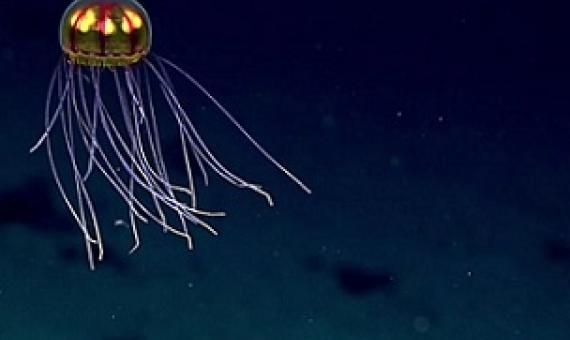Fiji needs to set up marine protected areas (MPAs) and marine managed areas (MMAs) outside i qoliqoli boundaries in its Exclusive Economic Zone (EEZ) to meet its commitment to protecting 30 per cent of its marine areas.
Who’s setting the agenda? Philanthropic donor influence in marine conservation
We are in a period of unprecedented growth in conservation philanthropy. How will this influx of private funding affect conservation agendas? Inspired by a collaborative research co-design process, this paper addresses questions about how foundations influence conservation agendas in the places they work. We draw from a case study of the world’s largest philanthropic funder of marine conservation, the David and Lucile Packard Foundation and their 20 years of investment in marine conservation in Palau and Fiji.
To achieve tangible solutions for ocean conservation, we should listen to the people who are most affected by the current problems facing the ocean: the people in the tropics, say 25 co-authors of "Engaging the Tropical Majority to Make Ocean Governance and Science more Equitable and Effect
The world is another step closer to protecting 30 percent of the ocean after the Biodiversity Beyond National Jurisdiction Treaty was adopted by the United Nations in New York.
Fourteen rowing teams departed Monterey Harbor (in central California) this week for a rowing competition connecting the US West Coast with the Hawaiian Islands.
A new global treaty on the high seas will enable the creation of sanctuaries deemed vital for the oceans, but many questions remain unanswered. Among them: How can we protect marine areas far from the coast? Where will they be created, and when?
As the global community embrace the adoption of the new Biodiversity of Areas Beyond National Jurisdiction (BBNJ) treaty, the Pacific are calling on the international community to seize this milestone momentum and rally towards the haste ratification and for the signing to be held at the ma
The recognition that taboos work and the country now wants to designate 30 percent of its waters to be protected is interesting and this is a show of commitment. This has been stated by Blue Prosperity Fiji Co-Science Principal Investigator, Dr.
As Indigenous groups seek to co-manage the Marianas Trench Marine National Monument, elders help the next generation find opportunity on the islands in science and conservation...the Mariana Trench is home to wildlife and habitats found nowhere else.
National-level evaluation of a community-based marine management initiative
Community-based approaches to conservation and natural resource management are considered essential to meeting global conservation targets. Despite widespread adoption, there is little understanding about successful and unsuccessful community-based practices because of the challenges of designing robust evaluations to estimate impacts and analyse the underlying mechanisms to impact. Here we present findings from a national scale evaluation of the ‘locally managed marine areas’ network in Fiji, a marine community-based management initiative.

